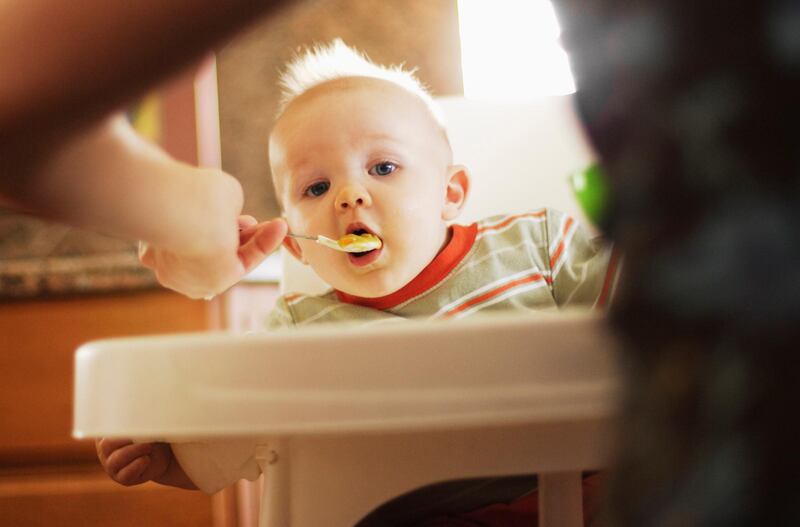Babies and infants who are exposed to common allergens in early childhood are less like to develop reactions later in life, new research suggests.
The American Academy of Pediatrics (AAP) has this week released a clinical report that advises parents to introduce common allergy triggers like peanuts to their children as early as possible.
While science in this area is still developing, the latest report states that there is now more evidence than ever to suggest the early benefits of children being exposed to peanuts, especially if they have any other allergies such as eggs or milk, or skin conditions such as eczema.
However, it’s advised that parents do so under proper medical supervision.

The report states that children at risk of allergies who were exposed to these foods earlier were less likely to develop a reaction to that food later in life. There is no research to suggest that delaying contact with peanuts minimised the risk of developing an allergy, AAP says.
“There is no reason to delay giving your baby foods that are thought of as allergens like peanut products, eggs, or fish,” says Dr. Scott Sicherer, co-author of the report and an allergist at The Mount Sinai Hospital in New York.
“These foods can be added to the diet early, just like foods that are not common allergens, like rice, fruits, or vegetables.”











